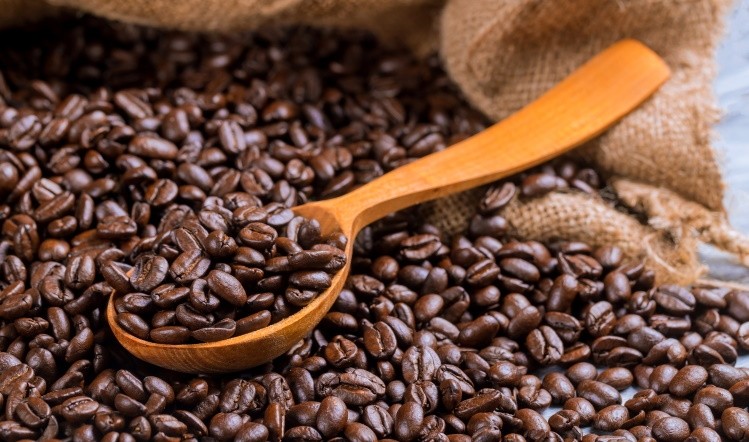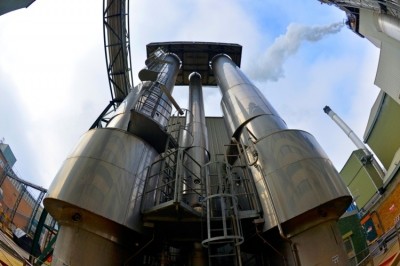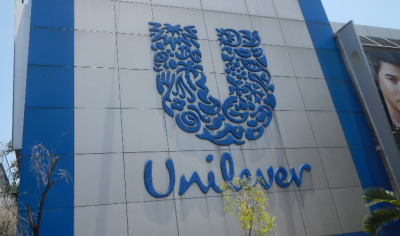EFSA rejects Tchibo DNA coffee claim

Tchibo, the German coffee roaster and supplier, had applied to have a health claim on its C21 coffee, reading “regular consumption of Coffee C21 contributes to the maintenance of DNA integrity in cells of the body”.
Tchibo submitted this for authorisation of a health claim via its home country of Germany to the EFSA Panel on Nutrition, Novel Foods and Food Allergens.
Coffee C21 was described as a blend of pure roast coffee beans – either ground or intact – from different Arabica varieties (Coffea arabica L.), without non-coffee ingredients, brewed from ground beans using hot water.
Regulation of gene expression
Tchibo said the intense roasting of the coffee enhanced the ability of coffee extracts to “upregulate the nuclear factor erythroid 2-related factor 2 (Nrf2)”, a positive regulator of gene expression of defence and repair.
The scope of the application was proposed to fall under a health claim based on newly developed scientific evidence.
However, the EFSA panel found that a cause-and-effect relationship was not established between the consumption of Coffee C21 and protection of DNA from strand breaks.
It ruled that the literature on the effects and mechanisms of action of the different coffee constituents was “incomplete, diverse and not consistent”. It also said inferences on the
link with DNA integrity were “in most instances” reported in “hypothetical and speculative terms”.
Results of research
EFSA said out of two human intervention studies from which conclusions could be drawn, one provided some evidence daily Coffee C21 consumption (750 ml/day) for four weeks decreased DNA strand breaks in habitual coffee drinkers. However, it stated that the results of this research were not replicated in another study conducted under similar conditions in the same centre.
EFSA said in a ruling: “No evidence has been provided for a mechanism by which coffee (including Coffee C21) would reduce DNA damage in human cells by reducing DNA strand breaks.
“The panel therefore concludes that a cause-and-effect relationship has not been established between the consumption of Coffee C21 and protection of DNA from strand breaks.”
















